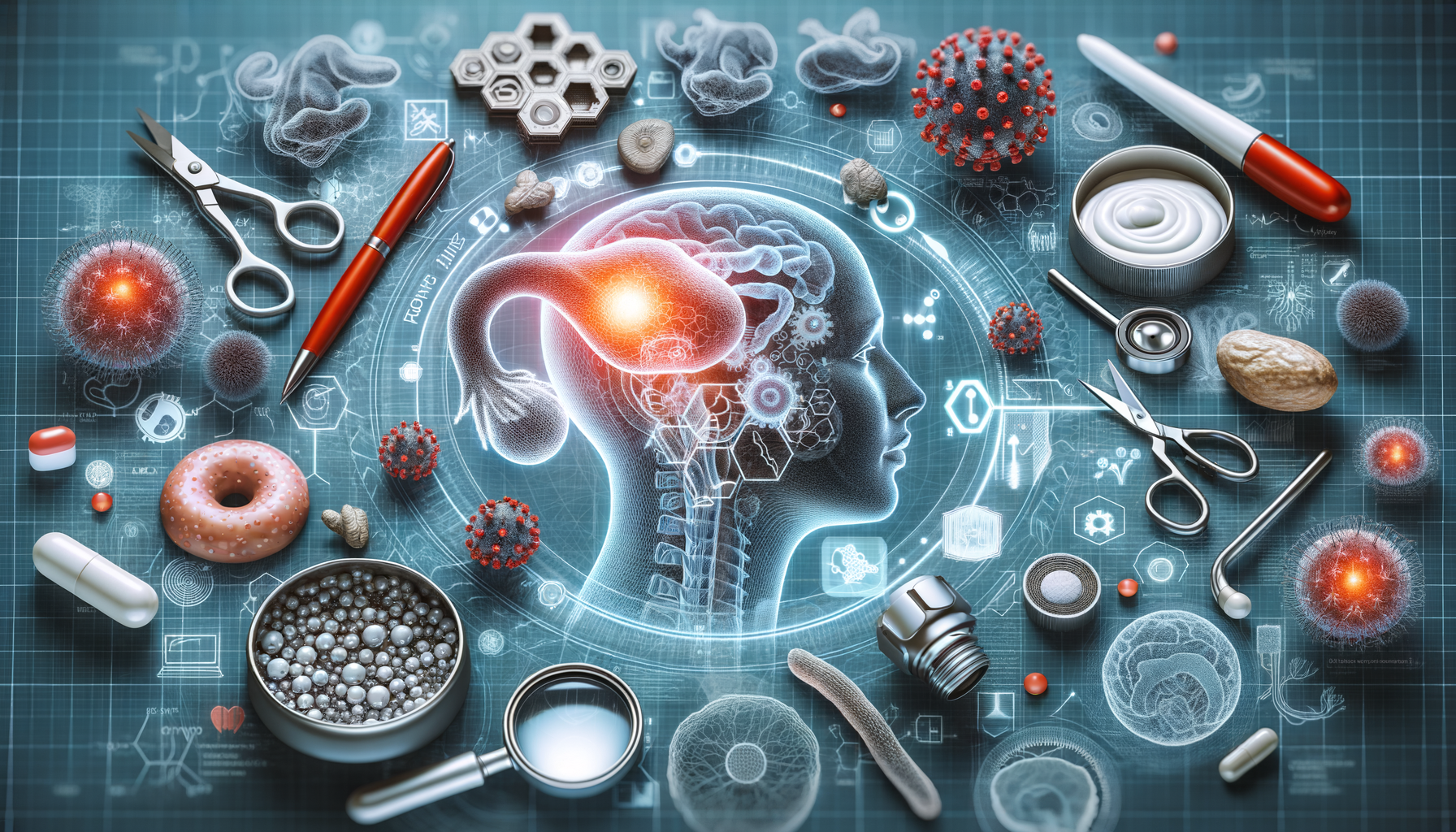Understanding Estrogen and Its Role in the Body
Estrogen is a vital hormone that plays a significant role in the female reproductive system, but its influence extends far beyond just reproductive health. It is crucial for regulating menstrual cycles, maintaining pregnancy, and preparing the body for childbirth. Additionally, estrogen contributes to bone health, cardiovascular function, and even the maintenance of skin and hair. This hormone is produced primarily in the ovaries, but also in smaller amounts by the adrenal glands and fat tissues.
Estrogen levels naturally fluctuate throughout a woman’s life, with significant changes occurring during puberty, pregnancy, and menopause. During these times, the body may experience various physical and emotional changes as it adjusts to the new hormone levels. Understanding the role of estrogen and its impact on the body helps in recognizing when something might be amiss, such as in the case of estrogen deficiency.
While estrogen is often associated with women, it is also present in men, albeit in smaller quantities. In men, estrogen helps with bone density and sperm maturation. However, this article will focus on the implications of estrogen deficiency primarily in women, where the effects are more pronounced and can significantly impact quality of life.
Identifying Early Symptoms of Estrogen Deficiency
Estrogen deficiency can manifest through a variety of symptoms, some of which may be subtle and easily overlooked. Early recognition of these symptoms is crucial in addressing the deficiency before it leads to more severe health issues. Common early symptoms include:
- Irregular menstrual cycles: One of the most noticeable signs is a change in menstrual cycle patterns, such as missed periods or unusually heavy or light bleeding.
- Hot flashes and night sweats: These sudden sensations of heat, often accompanied by sweating, can disrupt daily activities and sleep.
- Mood swings and irritability: Fluctuating hormone levels can lead to changes in mood, including increased irritability, anxiety, or depression.
- Vaginal dryness: Reduced estrogen levels can lead to decreased lubrication, causing discomfort during intercourse.
- Fatigue: A persistent feeling of tiredness that doesn’t improve with rest may be an indicator of hormonal imbalance.
These symptoms can vary in intensity and may not all be present in every individual. It’s important to note that while these signs can indicate estrogen deficiency, they can also be symptoms of other health conditions. Therefore, consulting with a healthcare professional for a proper diagnosis is recommended.
Impact of Estrogen Deficiency on Bone Health
Estrogen plays a critical role in maintaining bone density. It helps to regulate the turnover of bone tissue, ensuring that new bone is formed at a rate that compensates for bone loss. When estrogen levels drop, this balance is disrupted, leading to decreased bone density and an increased risk of osteoporosis, a condition characterized by fragile and brittle bones.
Osteoporosis is particularly concerning because it often progresses without any symptoms until a fracture occurs. These fractures can happen with minimal trauma and are most common in the spine, wrist, and hips. Women who experience early menopause or have prolonged periods of estrogen deficiency are at a higher risk of developing osteoporosis.
Preventive measures include ensuring adequate intake of calcium and vitamin D, engaging in regular weight-bearing exercises, and discussing hormone replacement therapy (HRT) with a healthcare provider if appropriate. These strategies can help maintain bone health and reduce the risk of fractures.
Emotional and Cognitive Effects of Estrogen Deficiency
Beyond its physical effects, estrogen deficiency can also impact emotional well-being and cognitive function. Many women report experiencing mood swings, anxiety, and depression during periods of low estrogen. These emotional changes can affect relationships and quality of life.
Cognitively, some women may notice difficulties with memory, concentration, and mental clarity. This phenomenon, often referred to as “brain fog,” can be frustrating and impact daily activities and work performance.
Addressing these emotional and cognitive symptoms involves a multifaceted approach. Lifestyle changes such as regular physical activity, a balanced diet, and stress management techniques can be beneficial. In some cases, therapy or counseling may be recommended to help manage emotional health. Hormone replacement therapy may also be considered, depending on the individual’s health profile and preferences.
When to Seek Professional Help
Recognizing the symptoms of estrogen deficiency is the first step in managing the condition. However, self-diagnosis can be challenging, and it’s crucial to seek professional help to confirm the diagnosis and explore treatment options. A healthcare provider can conduct a thorough evaluation, which may include blood tests to measure hormone levels and assess overall health.
If estrogen deficiency is confirmed, the healthcare provider can discuss various treatment options. These may include lifestyle modifications, dietary changes, and possibly hormone replacement therapy. Each treatment plan should be tailored to the individual’s needs, taking into account their health history, symptoms, and personal preferences.
Early intervention can prevent more severe health issues and improve quality of life. Therefore, individuals experiencing symptoms of estrogen deficiency should not hesitate to reach out to their healthcare provider for guidance and support.




Leave a Reply